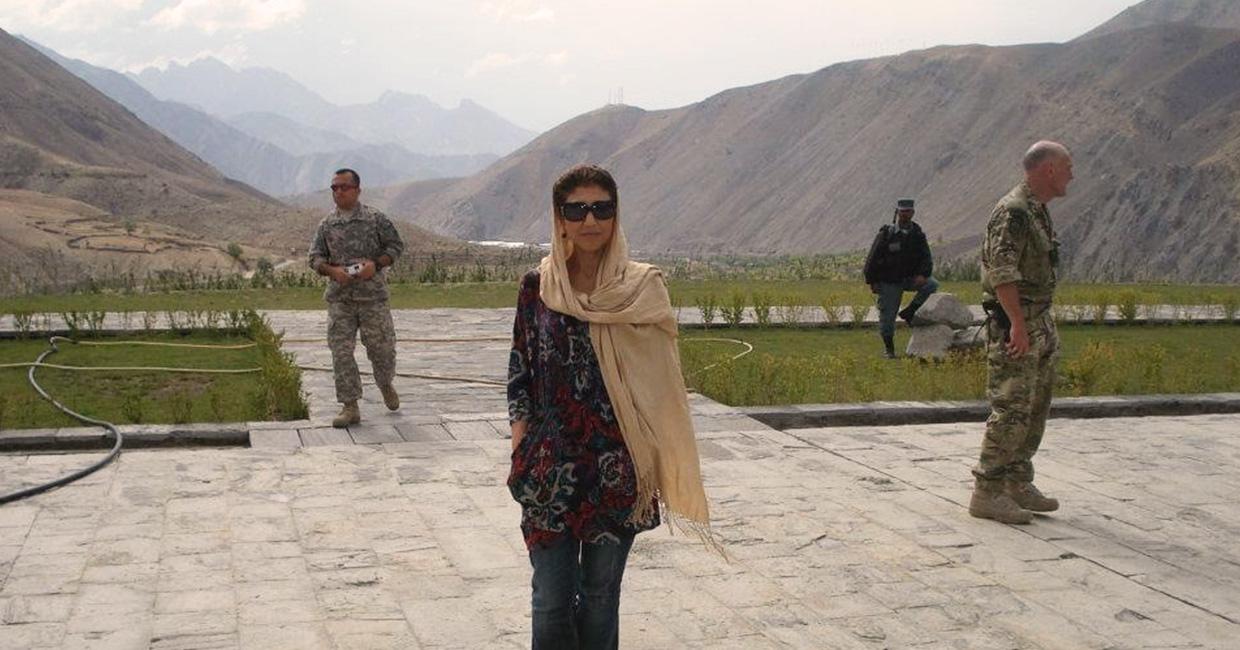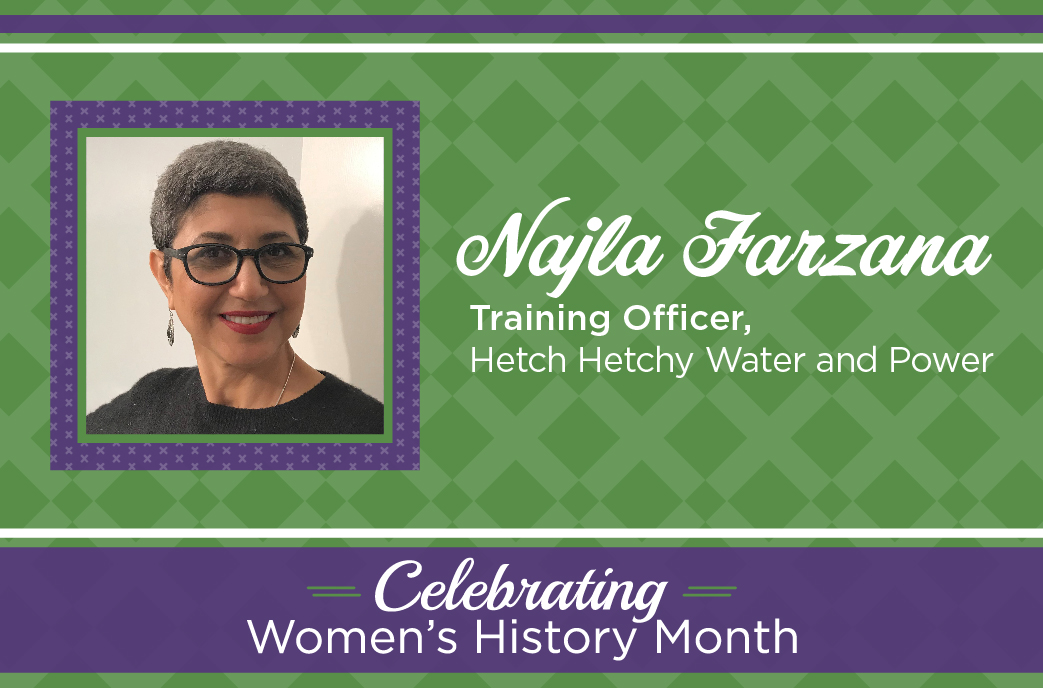
Teaching is a calling for Najla Farzana. She takes every opportunity to expand her knowledge and help others do so as well. As a training officer in Moccasin, she develops and delivers employee training and supports the health and safety team.
Before joining the SFPUC in 2019, Farzana lived a life only a few can imagine. She was born and raised in a different society. Her unique experiences of working in post conflict and multicultural environments have given her the skills to be an effective teacher and trainer.
Living in Two Worlds
Farzana was born in Afghanistan, a country that has experienced years of war and multiple regimes. Under the current regime, women of Afghanistan are prisoners in their own homes and are not allowed to work or go to school.
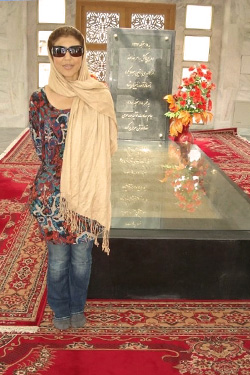
Farzana's upbringing is in sharp contrast to how women are treated in her home country today. She was born in a household where there were no gender rules and male and female members were treated equally.
In 1980, the Soviet Union invaded Afghanistan. Farzana and her family fled to the United States as refugees. Here they faced a different culture, language barrier, and daily discrimination.
Farzana shares what her father told her, “You may lose whatever possessions you have but knowledge. What you’ve learned, your college degree, your experience in life cannot be taken away from you. There is no limit in what you can do. The most important thing is that you take that first step.”
Dodging Bullets
After the events of 9/11, Farzana went back to Afghanistan as part of the United States’ Operation Enduring Freedom. In her role, she trained government employees, set up programs for women, and worked in the Afghanistan budget system. She worked with people from many different backgrounds and levels of education. The job was fulfilling but not without risks; she had to “dodge bullets and suicide bombers” on multiple occasions.
After working 10 years in Afghanistan, Farzana returned to the Bay Area. She was honored for her work with the Achievement Medal for Civilian Service from the United States Armed Forces in 2004, and NATO’s Medal of Honor in 2012.
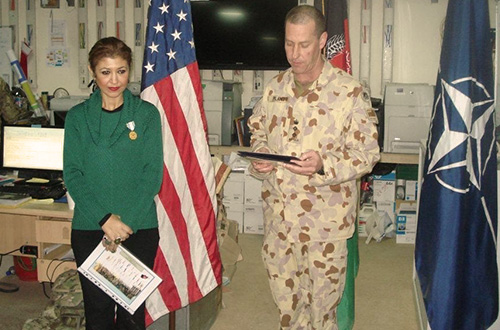
Diversity, Equity, Inclusion
Farzana shares a quote from Abdu'l-Bahá, a renowned champion of social justice and ambassador for international peace, “The world of humanity is possessed of two wings: the male and the female. So long as these two wings are not equivalent in strength, the bird will not fly.”
“In order for an organization to flourish and prosper you need to have gender diversity. Diversity and inclusiveness make us soar,” Farzana comments.
“Women's History Month gives me hope, so many before us struggled and fought for our rights to make sure we have a better path. Time again for us to fight and provide a smoother path for those less fortunate.”
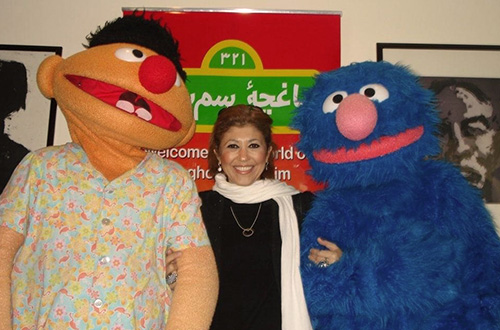
Mentorship and Activism
In 2001, Farzana and her sisters were featured in a story on SFGATE. The article is about their program to help young Afghan American immigrants. Farzana dedicated herself to the program for 10 years, mentoring 220 children, four days a week.
Farzana continues her service to others. She’s the executive director for SOS Afghanistan. Her focus is to help those affected by war, displacement, and marginalization and identify local solutions to empower women and lift households out of poverty.


